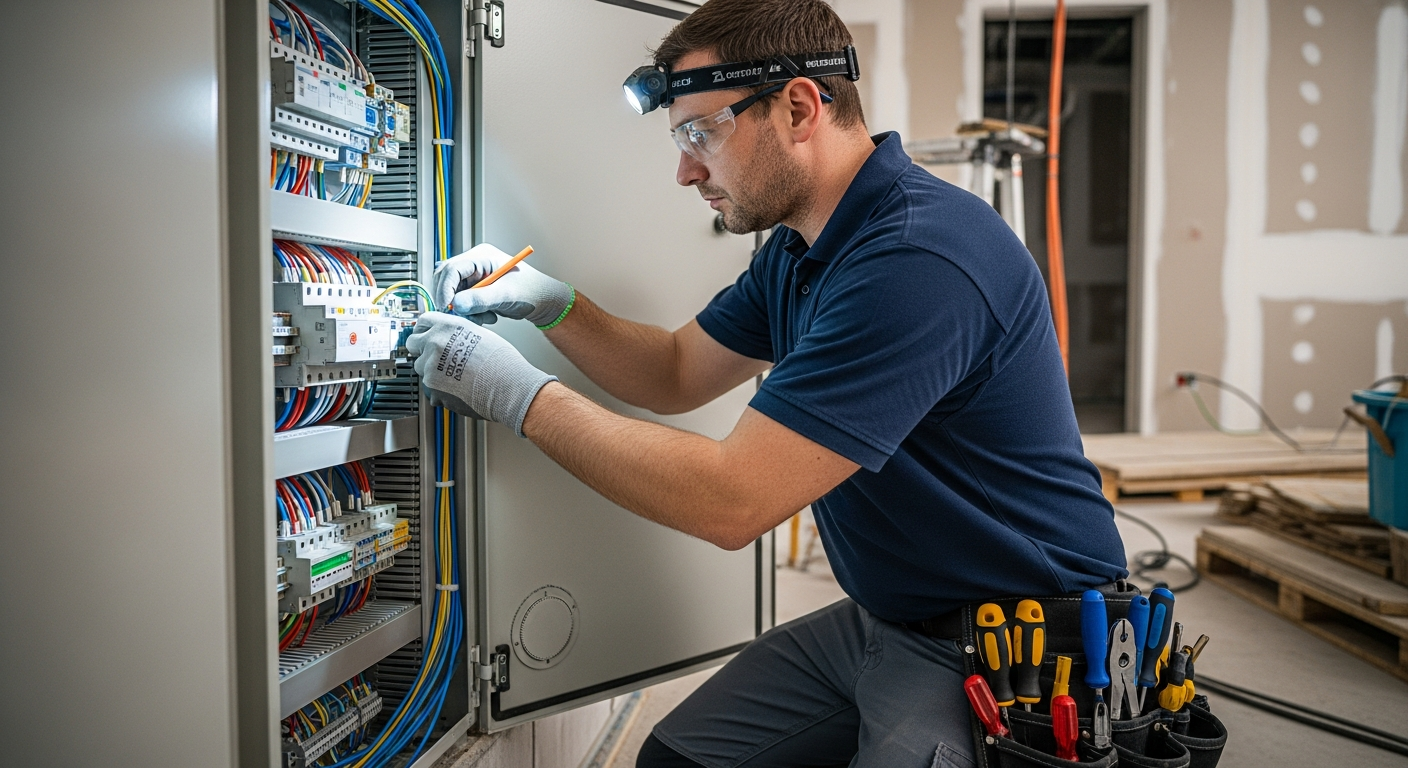Understanding the Role of Telecommunication in Smart Cities
In a world increasingly driven by data and connectivity, the concept of 'Smart Cities' is rapidly gaining traction. These digitally transformed urban areas leverage telecommunication technologies to enhance the lives of their residents. This article dives into the role of telecommunication in building smart cities, the challenges faced, and the potential impact on society.

The Genesis of Smart Cities
The advent of smart cities dates back to the early 21st century, when urban areas worldwide began leveraging digital technologies to improve city operations and public services. The primary drive was to ensure sustainable development by improving the quality of life for city dwellers. This evolution was made possible by advancements in telecommunication technologies, which fostered seamless connectivity and data exchange, thereby forming the backbone of smart cities.
The Role of Telecommunication in Smart Cities
In smart cities, telecommunication serves as the lifeblood, enabling the interconnectedness of various digital systems and services. From traffic management systems and waste management to public safety and healthcare services, telecom technologies facilitate real-time data sharing and analysis. This interconnectivity is crucial for the effective functioning of a smart city, enabling it to respond swiftly and intelligently to the changing needs and demands of its inhabitants.
Current Trends and Regulatory Changes
One of the significant trends in this domain is the increasing adoption of AI and machine learning technologies. These technologies, backed by robust telecom infrastructure, are helping cities become ‘smarter’ by enabling predictive analysis and intelligent decision-making. On the regulatory front, governments worldwide are introducing policies to promote the development of smart cities. However, these initiatives also raise questions about data privacy and security, necessitating tight regulations to protect citizens’ information.
The Impact of Smart Cities
The impact of smart cities is far-reaching. They promise improved public services, reduced environmental footprint, and enhanced quality of life. For instance, intelligent traffic management systems can reduce congestion and pollution, while smart healthcare services can ensure timely medical assistance. However, the implementation of smart cities is not without challenges. It requires significant investment, robust infrastructure, and a skilled workforce.
Overcoming Challenges and Practical Applications
The transition to a smart city requires overcoming several challenges, including the high cost of infrastructure, data security, and the need for skilled personnel. Practical applications of telecom technologies in smart cities include smart parking, intelligent street lighting, and real-time traffic monitoring. These applications demonstrate the potential of telecommunications to transform urban living, making cities more efficient, sustainable, and livable.
In conclusion, telecommunication technologies play a pivotal role in shaping smart cities. While challenges persist, the potential benefits to society are immense, warranting continued exploration and investment in this field. As we move forward, it’s critical to ensure that these technological advancements are accessible to all, irrespective of their location or economic status.




